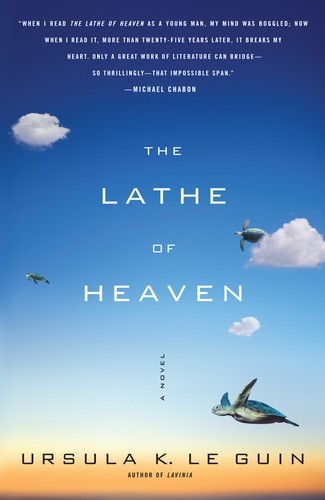reading crustacean hat The Lathe Of Heaven von Ursula K. Le Guin besprochen
very different from her other works
3 Sterne
This one, to me, seemed very untypical for Le Guin. I would have thought it was one of her first, but actually it was written after the hainish cycle. The Taoism is very on the nose here, but it doesn't have much of the poetry and the reverence for life and mind that I loved about her other works.
It was written as an homage to Philip K. Dick and it really read more like one of his novels, like classical 70s sci-fi.
This one, to me, seemed very untypical for Le Guin. I would have thought it was one of her first, but actually it was written after the hainish cycle. The Taoism is very on the nose here, but it doesn't have much of the poetry and the reverence for life and mind that I loved about her other works.
It was written as an homage to Philip K. Dick and it really read more like one of his novels, like classical 70s sci-fi.




